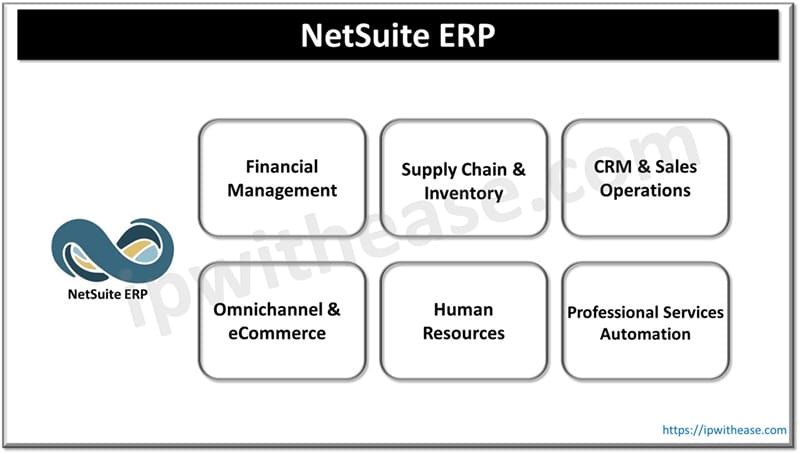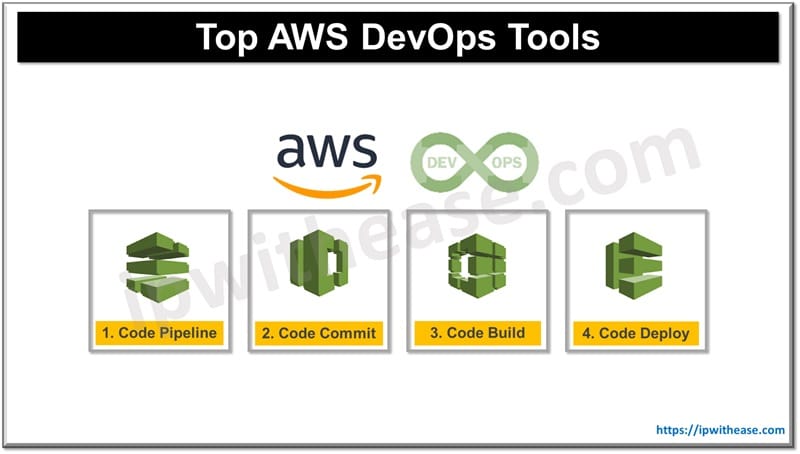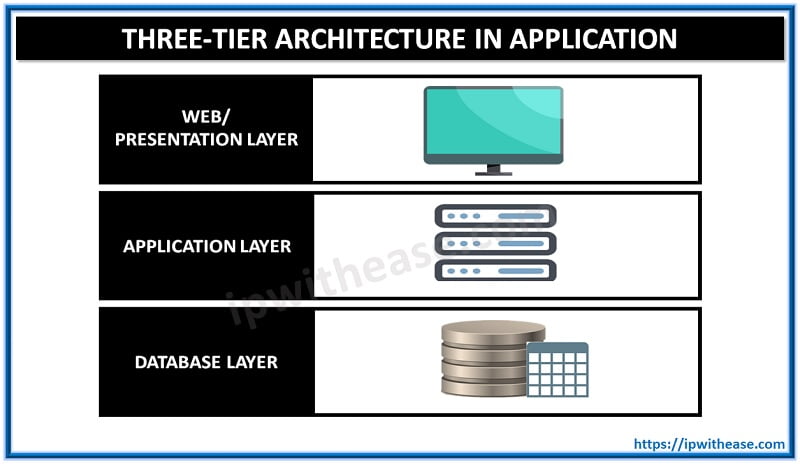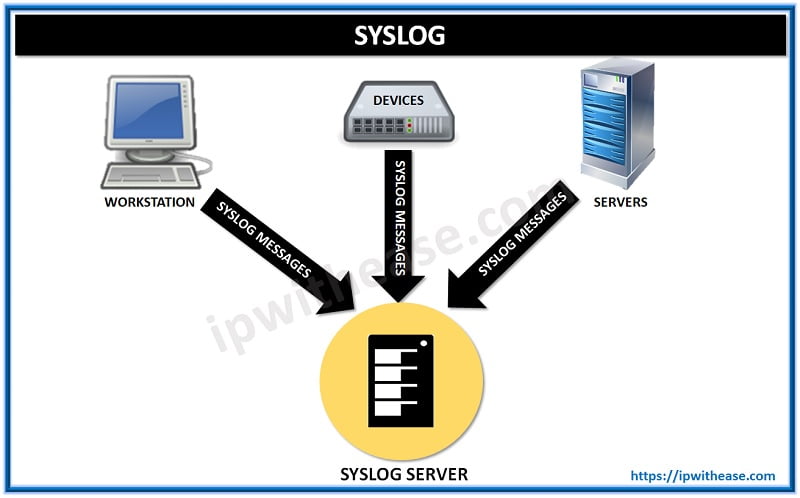Table of Contents
If you have ever tried to manage a business using a patchwork of spreadsheets, disparate software, and tools that don’t “talk” to each other, you know how overwhelming operations can get. Teams spend more time reconciling data than using it, orders are neglected, and financials become disorganized.
That kind of chaos is exactly what enterprise resource planning (ERP) systems—especially the more modern cloud-based alternatives like NetSuite ERP—were designed to handle.
NetSuite, one of the most widely used cloud ERPs on the market today, is used by startups, multinational corporations, and quickly growing mid-market companies. But what exactly does NetSuite do, and how does it work in the background to streamline business operations?
Let’s break it down in a way that makes sense.

NetSuite ERP: What is It?
Financials, inventory, CRM, HR, procurement, project management, and other crucial tasks are all combined into one integrated system by NetSuite ERP, a cloud-based business management platform. NetSuite gives businesses a real-time view of their performance across departments by centralizing everything in one location rather than requiring them to juggle multiple software applications.
Consider it the company’s “central nervous system.” All transactions, actions, and workflows go through a single, cohesive platform.
The architecture of NetSuite is what sets it apart. NetSuite is constructed as a single suite from the ground up, in contrast to legacy or hybrid ERP systems that depend on add-on modules and integrations. This implies:
- All modules share the same database
- Information updates instantly across all functions
- Workflows and processes function smoothly between teams
- Reporting and analytics reflect live business data
Data silos, one of the main problems businesses encounter, are eliminated as a result.
Why Companies Opt for Cloud ERP Rather Than Conventional Systems
It is helpful to comprehend why cloud ERP has emerged as the go-to option for contemporary businesses before delving further into NetSuite in particular.
ERP software was previously hosted on-site, necessitating lengthy deployment cycles, costly hardware, and IT personnel. Every time the software was updated, customization frequently broke and upgrades were difficult.
Cloud ERP flipped that model on its head.
With cloud-based systems:
- There’s no hardware to maintain
- Upgrades are automatic
- Users access the system with just a browser
- Remote teams can work from anywhere
- Scalability happens instantly as the company grows
NetSuite was one of the first ERPs to fully embrace this cloud-native model—long before most competitors.
Core Capabilities of NetSuite ERP
NetSuite covers an enormous range of business processes, but its most widely used features often fall into these categories:
1. Financial Management
This includes accounting, general ledger, AP/AR, revenue recognition, budgeting, and financial reporting. NetSuite’s real-time visibility into performance makes month-end closing dramatically faster.
2. Supply Chain & Inventory
With tools for warehousing, order management, and fulfillment, businesses can automate replenishment, streamline purchasing, manage inventory across locations, and improve supply chain operations.
3. CRM & Sales Operations
CRM features for partner management, marketing campaigns, sales pipelines, and customer support are all included in NetSuite.
4. Omnichannel & eCommerce
With SuiteCommerce, companies can run their online store directly inside the ERP. This ensures orders, inventory, and customer data stay perfectly synchronized.
5. Human Resources
From employee records to performance management and payroll integrations, NetSuite centralizes key HR functions.
6. Professional Services Automation
Project-based companies can manage resources, assignments, project accounting, timesheets, and billing—all from the same system.
How NetSuite ERP Works Behind the Scenes
Unified Database
NetSuite uses a single centralized database rather than piecing together data from disparate systems. Inventory is updated immediately upon the creation of a sales order. Accounting automatically updates when inventory changes.
Dashboards Based on Roles
A customized dashboard with KPIs, tasks, shortcuts, reports, and alerts pertinent to their jobs is displayed to each user.
Automated Processes
Deep customization is possible with NetSuite without requiring a lot of coding. Routing, billing, approvals, and notifications are just a few of the repetitive tasks that workflows automate.
Global Capabilities
It is perfect for businesses that operate globally because of its multi-currency, multi-tax, multi-language, and multi-entity features.
Scalability
It is perfect for businesses that operate globally because of its multi-currency, multi-tax, multi-language, and multi-entity features.
Who is NetSuite ERP Best for?
Although NetSuite benefits many different industries, it is particularly useful for:
- Rapidly expanding businesses that must scale
- Businesses with multiple locations or entities
- Brands in manufacturing, professional services, retail, wholesale distribution, and eCommerce
- Finance teams wanting stronger visibility and controls
- Organizations needing automation instead of manual processes
Because of its modular pricing and flexible architecture, companies can start with core features and expand later as needs evolve.
Understanding NetSuite’s Pricing Model
NetSuite uses a subscription-based pricing model based on:
- Core platform license
- User licenses
- Certain modules (such as CRM, inventory, and finance)
- Services for implementation and onboarding
Because ERP pricing varies significantly from business to business, it’s important to compare costs carefully. Many organizations researching NetSuite also evaluate how it stacks up against other major platforms, making an ERP pricing comparison with NetSuite a helpful step in determining overall value and long-term ROI.
Why NetSuite ERP is Important in the Current Business Climate
Businesses nowadays run more quickly than ever before. Numerous channels provide data. Teams are distributed. Customer expectations are higher. Supply chains change rapidly.
Disjointed systems are not only ineffective in this setting, but also dangerous.
NetSuite gives businesses the automation, control, and visibility they need to:
- Make wiser financial choices
- Boost the effectiveness of operations
- Support growth without adding administrative overhead
- Continue to report in real time and with accuracy.
- Boost departmental cooperation
Businesses have a competitive edge when everything functions as a single system.
Bringing It All Together: Why Understanding NetSuite ERP Empowers Better Business Decisions
For contemporary businesses, NetSuite ERP is an operating platform rather than just software. It helps companies run more efficiently, strategically, and intelligently by integrating all departments, automating repetitive tasks, and delivering real-time insights.
Knowing how NetSuite functions and what it can unlock helps you visualize what a fully integrated business might look like, regardless of whether you’re evaluating ERP for the first time or thinking about upgrading from outdated systems.
ABOUT THE AUTHOR
IPwithease is aimed at sharing knowledge across varied domains like Network, Security, Virtualization, Software, Wireless, etc.



